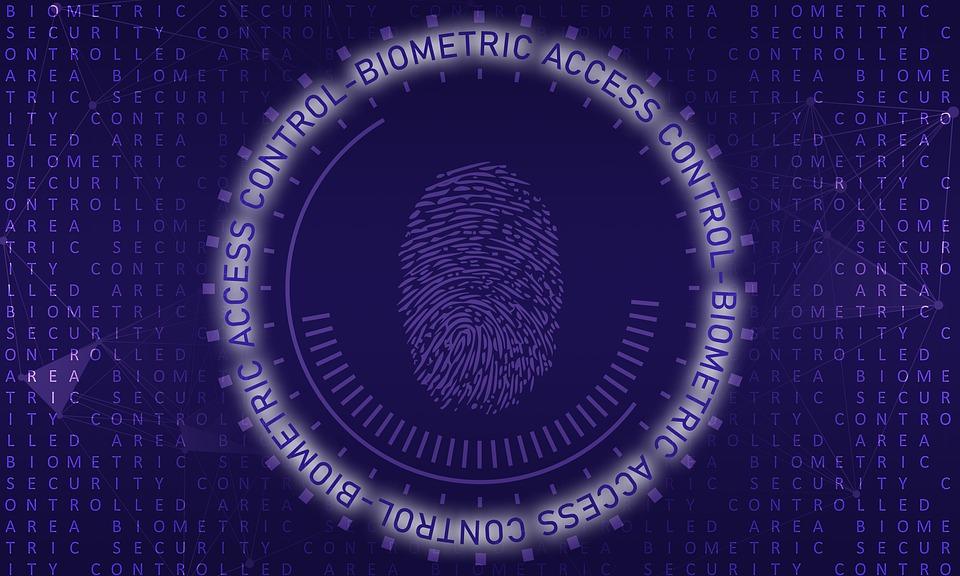The Benefits and Drawbacks of Biometric Voting Before the Liberian Elections in 2023

The National Electoral Council of Venezuela started a data audit procedure in October 2020 to examine the accuracy and dependability of the automated voting technology used in the legislative elections that year. The audit's goal was to ensure adherence to rules designed to protect voters' rights.
The audit in Venezuela aimed to certify the voters' fingerprint database of the electoral register in order to ensure that there were no duplicate records, despite some worries that the country's leaders have been toying with a Chinese model that uses smart cards to track social, political, and economic behavior and uses large databases to store information gathered with the card's use.
Representatives from various political organizations signed a document of conformity following the audit as part of an oversight procedure.
Who Receives the US$12M Deal is NEC's Pain
It seems more likely that Liberia will join a small group of nations - including Ghana, Ivory Coast, Kenya, Nigeria, and Uganda - in experimenting with the use of biometric voter authentication on election day when voters go to the polls in October. Many worries are flying over the political stratosphere due to the ongoing issue surrounding the National Elections Commission's handling of the bidding process to choose the company that may carry out the operation.
But before it can decide whether company is qualified to handle the job, the elections commission must first address the scandal that is looming over it.
The contract for the biometric voter registration materials is valued over $12 million USD. Six companies submitted applications and took part in the evaluation process carried out by the evaluation panel: Waymark and Mwetana, HID Global and PSI, Electoral Services International, Network Solutions, Laxton, and EKEMP. However, EKEMP was thought to be the most responsive, which raised concerns from sources after the procedure.
Since Ekemp was chosen as the winner after the first presentation, NEC chair Davidetta Browne Lansana has come under fire amid accusations that she has been favoring the Chinese company. In response, the PPCC has asked that bidders be invited back to appear before the NEC's bid evaluation panel for a videotaped redemonstration of physical presentations.
In contrast, Ekemp failed miserably in the second presentation, where each bidder was required to begin with a PowerPoint presentation outlining the hardware and software that would be used, followed by a live demonstration of its data entry, printing, and de-duplication processes using a person the panel had chosen.
However, the NEC chair clarified that only Ekemp/INITS/Palm and Laxton have carried out a project of this value over the previous two years, according on a comparison of audited revenue records for each bidder. The Chair should not have brought up this issue at this stage of the selection process because it was not a requirement in the most recent edition of the tender specifications for this biometric project. Some analysts believe it to be a plot by the chair to get rid of some capable businesses.


- Vibnix Blog
- Politics
- News
- Liberia News
- Entertainment
- Technology
- Educação
- Art
- Causes
- Crafts
- Dance
- Drinks
- Film
- Fitness
- Food
- Jogos
- Gardening
- Health
- Início
- Literature
- Music
- Networking
- Outro
- Party
- Religion
- Shopping
- Sports
- Theater
- Wellness


